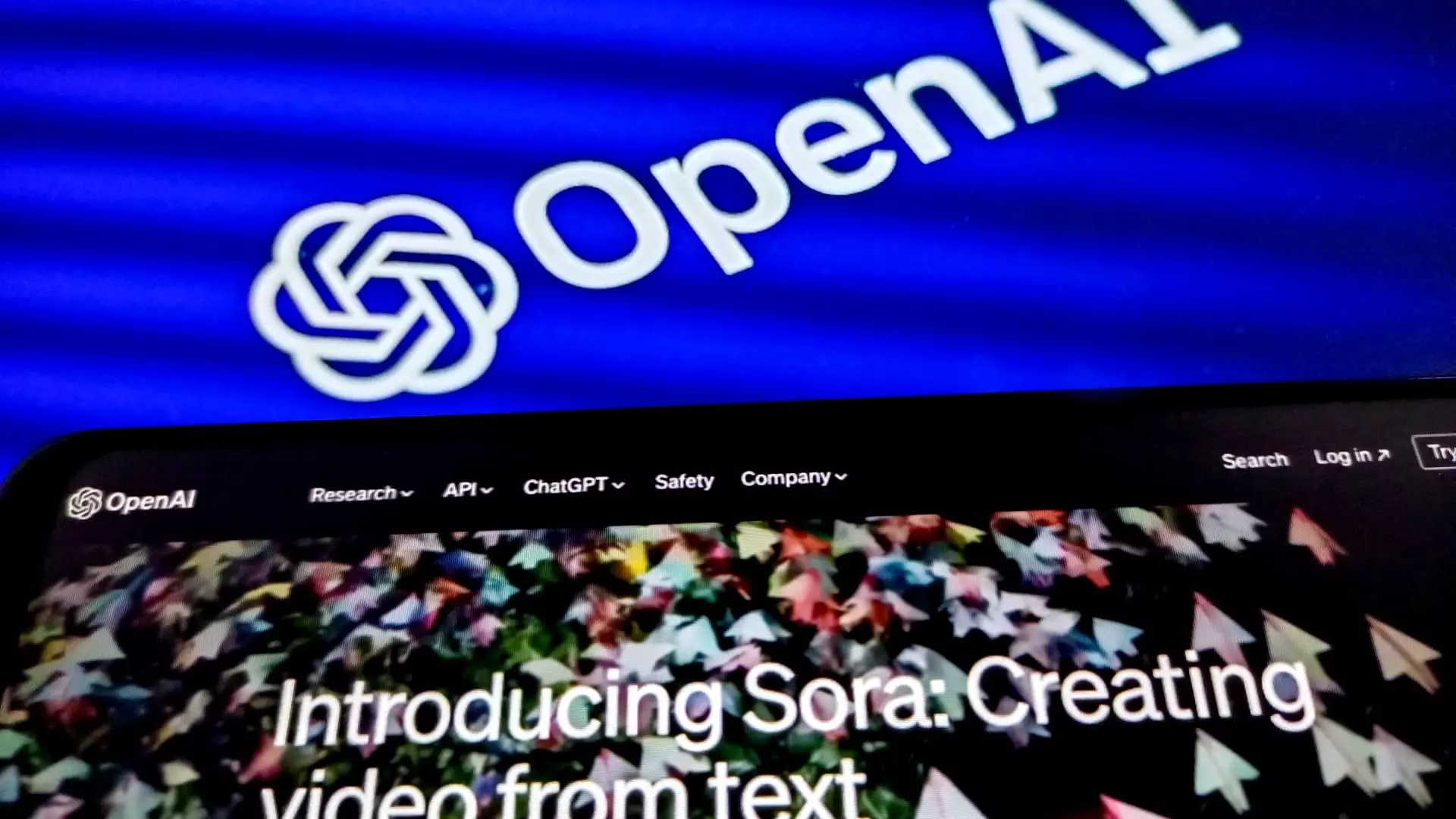The realm of artificial intelligence (AI) has witnessed a seismic shift in investment dynamics, particularly through the influx of capital from Middle Eastern sovereign wealth funds. Nations such as Saudi Arabia, the United Arab Emirates (UAE), Kuwait, and Qatar are strategically leveraging their oil-generated wealth to diversify their economies, thus positioning themselves as pivotal supporters of the tech sector, specifically AI startups in Silicon Valley.
The dramatic increase in funding from Middle Eastern sovereigns—surging fivefold in the last year—illustrates a calculated pivot towards technology investments as a strategic hedge against the volatility of oil prices. With data from Pitchbook revealing this substantial growth, it becomes evident that these funds are not just passive investors; they are actively targeting the future of technology and innovation.
A prime example is the establishment of MGX, a new AI-focused fund based in the UAE. Reports indicate that MGX is keen to invest in major fundraising rounds for game-changing AI companies like OpenAI, which is currently eyeing a staggering valuation of $150 billion. Such figures underscore the financial clout of these sovereign funds, which can bring to bear resources that surpass many venture capital firms.
The financial muscle of Gulf Cooperation Council (GCC) nations cannot be overstated. With collective wealth projected to rise from $2.7 trillion to $3.5 trillion by 2026, according to Goldman Sachs, these sovereign funds are equipped to make significant investments in a landscape that increasingly demands giant checks. The Saudi Public Investment Fund (PIF), with over $925 billion under management, has emerged as a powerhouse aiming to diversify through technology as part of Crown Prince Mohammed bin Salman’s “Vision 2030” initiative.
In tandem, the UAE’s Mubadala, managing $302 billion, and various other regional funds such as the Abu Dhabi Investment Authority and Qatar Investment Authority, further cement the financial presence of these countries in the tech landscape. This investment surge isn’t merely a one-off; it reflects a broader strategy of transitioning away from oil reliance towards innovation and high-tech industries.
Strategic Partnerships and AI Infrastructure
Recently, Abu Dhabi-based MGX has taken steps to fortify its position by partnering with prominent players like BlackRock and Microsoft to create AI infrastructures. The goal is to raise an ambitious $100 billion for data centers that will support the burgeoning demands of AI applications. Such partnerships signal a clear intent to be at the forefront of the AI revolution while also facilitating global technological advancements.
Moreover, UAE’s Mubadala’s investments aren’t just limited to nascent projects. It has placed substantial bets on rivals of OpenAI, indicating a keen interest in not just financial gain, but also in diversifying technological capabilities within its portfolio.
While the potential for growth and innovation is substantial, the partnership dynamics are not devoid of challenges. The Kingdom of Saudi Arabia, despite its ambitions and finances, faces scrutiny over its human rights record—issues that continue to cast shadows over potential collaborations with Western firms. High-profile incidents, such as the assassination of journalist Jamal Khashoggi, have triggered serious conversations about the ethical implications of partnering with Saudi entities. This geopolitical dimension complicates the investment landscape and potentially deters some startups from aligning themselves with Saudi interests.
On a broader scale, the influx of capital from Middle Eastern sovereign wealth funds juxtaposes the activities of other global players. For instance, the French sovereign fund Bpifrance has been active in the AI arena, signaling a competitive international stage where sovereign investment becomes a vital tool for economic strategy.
With the flood of capital into Silicon Valley, concerns are emerging among investors reminiscent of the “SoftBank effect.” This phenomenon highlights the potential risks associated with rapid investment growth, where inflated valuations can lead to instability, as seen in the case of companies like WeWork.
For the United States, the involvement of these sovereign funds in domestic investments is not merely an economic consideration; it serves as a geopolitical strategy to ensure that such wealth targets friendly nations rather than potential adversaries like China. As stakeholders grapple with the implications of this shift, an expectation arises for transparency and sustainability in investments, mitigating risks often linked to sovereign wealth fund involvement.
The entry of Middle Eastern sovereign wealth funds into the AI investment sphere marks a transformative moment, potentially redefining the operational landscape of Silicon Valley. Their financial prowess, strategic partnerships, and focus on technology represent not just an economic maneuver but a broader geopolitical strategy that could reshape the future of AI innovation on a global scale.


Leave a Reply
You must be logged in to post a comment.